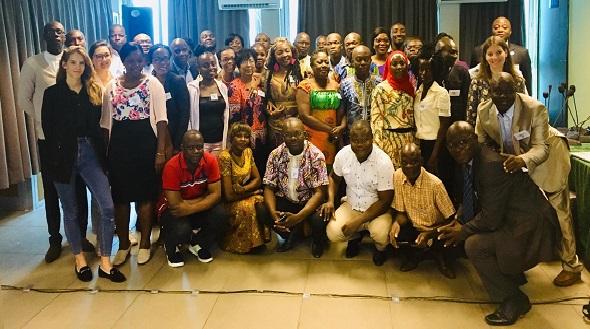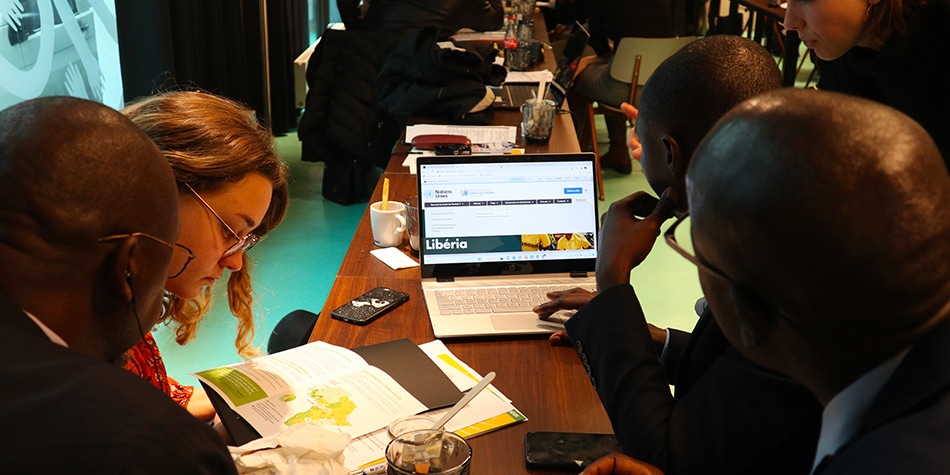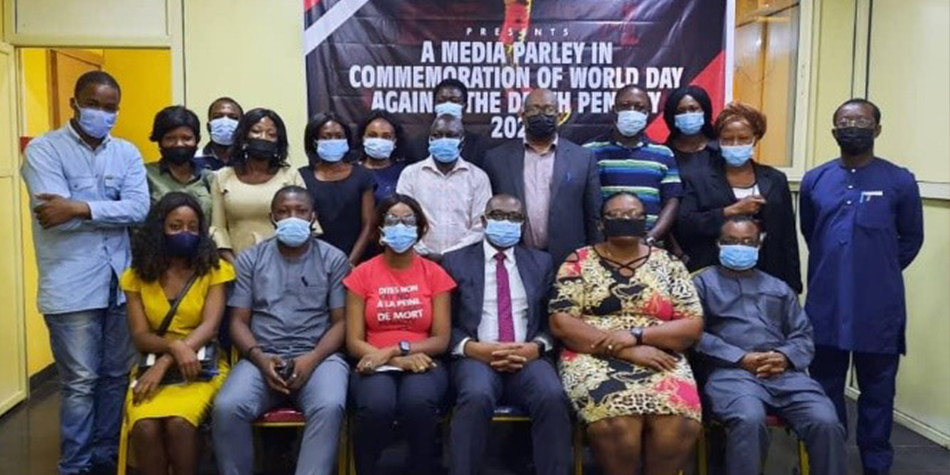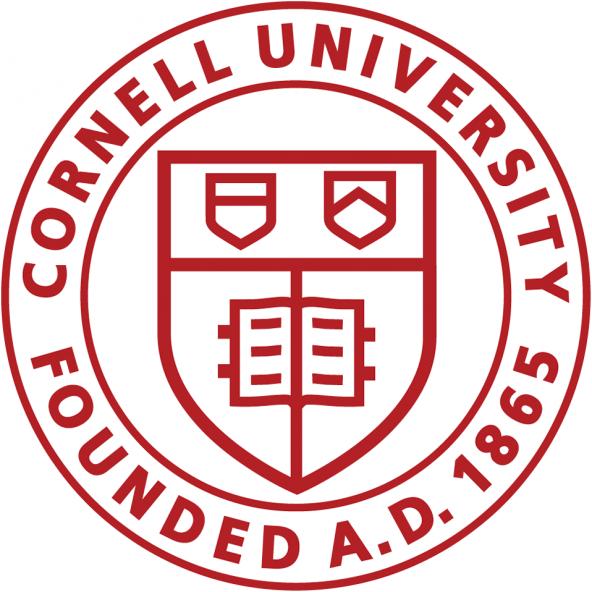
A Training on Advocacy for the Abolition of the Death Penalty in Sub-Saharan Africa
Africa
A great moment of meeting between African abolitionist actors
Cameroon, and more specifically the city of Douala, welcomed for the first time from 16 to 18 July 2019 several participants from different African countries to participate in the continental training. It was an opportunity for various actors from countries that have abolished the death penalty in their legislation, those respecting a de facto moratorium on executions and even those from retentionist countries to exchange and share their experiences on the fight for the abolition of the death penalty.
Kicking off the training
The proceedings began with a welcoming address by Mr Nestor Toko, Esq., President of Droits et Paix, followed by Mr Maxime Bissay, President of ACAT Cameroon and finally Mr Michel Kalemba, Esq., member of FIACAT’s International Board.
Capacity building for African civil society actors
This training was an opportunity to consolidate the knowledge of various African civil society actors working for the abolitionist cause. To this end, several techniques and strategies were at the heart of discussions between the various participants. In particular, the emphasis was placed on improving an overall advocacy strategy, and what those main principles consist of when considering what strategy should be adopted. The training elaborated on numerous other elements including regional advocacy or more specifically on how to work with the African Commission on Human and Peoples’ Rights in the context of the abolition of the death penalty. Here participants used various tools developed that provide steps and advice on how to collaborate with the ACHPR.
The fruitful exchanges between participants led to the discussion of other techniques that should be considered when advocating for abolition, including the importance of the media, an essential advocacy tool. Also discussed was the role of lobbying, where once again, the participants were able to interact with appropriate methods to use when meeting with authorities and decision makers.
Finally, the participants benefited from the tools enabling them to better protect their members working in the field but also on how to promote the inclusion of women but also people with disabilities within their structures.
Closing the course
After two and a half days of intense work, exchanges and sharing of experiences, the time had come to close this training session. Each participant was given a certificate of participation captured by a photo to commemorate training and the gathering of civil society. Many participants gave feedback regarding their time in Douala at the training, expressing that they had "acquired and strengthened their knowledge of advocacy". It was also an opportunity for participants to formulate several recommendations and ways forward, including:
• On how to focus on the transfer of skills and information sharing among members and partners;
• On the need to work in collaboration with local, supportive diplomatic representations to complement the work that is done in the field;
• Finally, on the recommendation that women be much more involved in advocacy missions.
Categories
Cameroon





